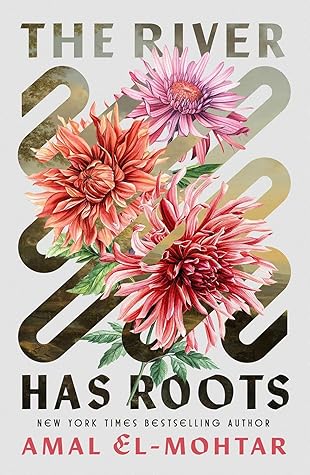More on this book
Community
Kindle Notes & Highlights
But if you were to stand and behold those first two trees—if you were a stranger to the land, and unaccustomed to the sight—you might hear a kind of hum in the air, or feel it as a thickness in your chest. You might think that something about the shape of those trunks, the sweep of their twisted crowns, reminds you of something, or someone, you’ve lost—something, or someone, you would break the world to have again.
Something, you might think, happened here, long, long ago; something, you might think, is on the cusp of happening again. But that is the nature of grammar—it is always tense, like an instrument, aching for release, longing to transform present into past into future, is into was into will.
Their voice made Esther think of weather, of winter, of woodsmoke: something cold but bright, burning and fragrant, curling into the air before vanishing. They were utterly strange and utterly beautiful, in a way that Esther yearned towards because she didn’t understand it, the way she yearned towards horizons and untrodden secret paths in unfamiliar woods.
“Bel,” she said helplessly, around the fire in her throat. “Queen of ducks and angels. You shall have poems written to you with a quill on fire. You shall have songs sung to you by enchanted harps. Whole branches of grammar will be invented only to praise you.”
“Ysabel Hawthorn,” she said, and she could not keep the heat from her voice, “demand better than to be worshipped by a crumb.”
If you’ve ever looked into running water at midday and been mesmerised by the play of shadows over stones, and how even the sound of the water running seems, somehow, to have absorbed sunshine scattered through lines of leaves and grasses—if you’ve ever stood on a moor in the west country and watched daylight flash and vanish over the green and granite of the land—you might have a sense of how Rin looked as they listened to Esther, hope and anguish rippling through and around each other on the high pale planes of their face.
Most music is the result of some intimacy with an instrument. One wraps one’s mouth around a whistle and pours one’s breath into it; one all but lays one’s cheek against a violin; and skin to skin is holy drummer’s kiss. But a harp is played most like a lover: you learn to lean its body against your breast, find those places of deepest, stiffest tension with your hands and finger them into quivering release.


